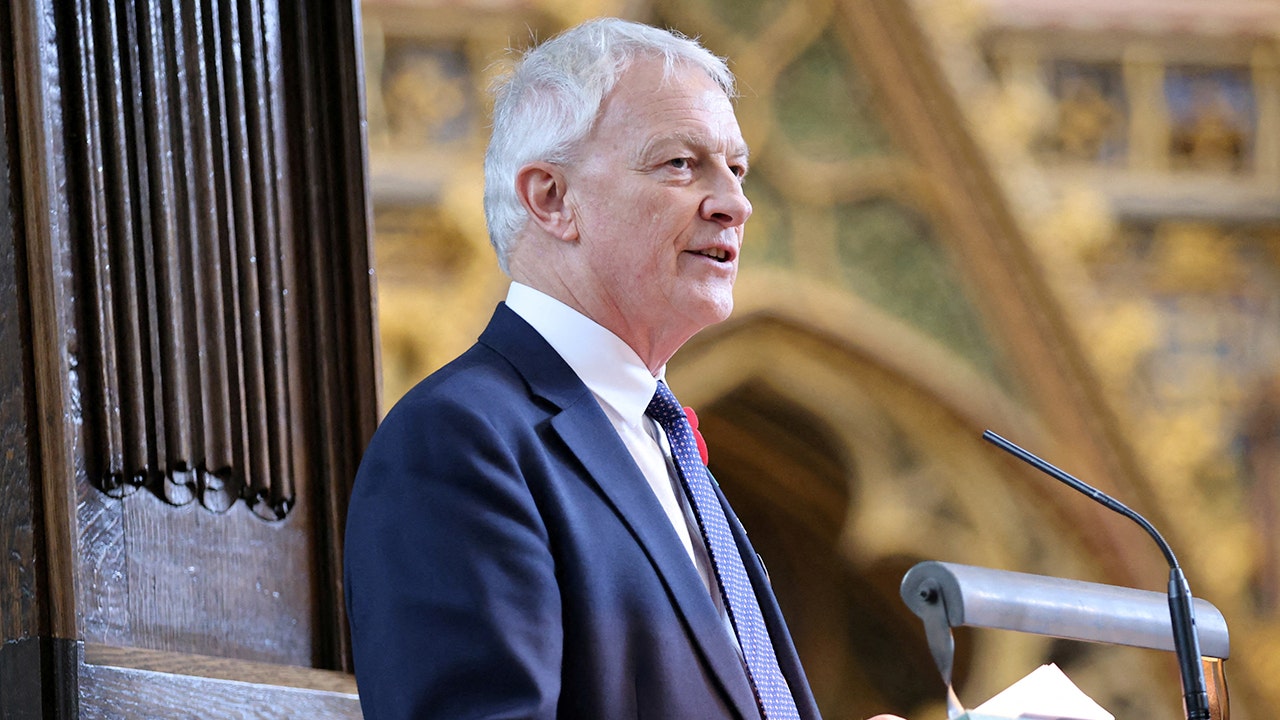The development follows “at least four” airstrikes by the Israeli Security Forces (ISF) in the Nur Shams Refugee Camp in Tulkarem on Monday night that left five dead – three Palestinian men and two boys aged 13 and 15.
“Three of the fatalities, including the two boys, were killed while they were passing by the targeted house, which was located in one of the small and crammed alleyways in the camp,” OHCHR said in a statement, citing multiple sources.
The UN office warned that situation in the Occupied West Bank “could worsen dramatically if ISF continue to systematically use unlawful lethal force and ignore violence perpetrated by settlers”.
The latest confirmed toll from the UN rights office indicates that 628 Palestinians have been killed in the West Bank between 7 October – the date of the Hamas-led terror attacks in Israel that sparked the war – and 27 August.
“Of these, 609 Palestinians were killed by ISF, 11 killed by settlers and eight either by ISF or settlers in joint attacks. However, 159 of those killed, including 29 boys and three women, died as a result of airstrikes,” OHCHR said in an update.
Condemning the Israeli forces’ “increasingly military response” in the West Bank, OHCHR maintained that its operations violated international humanitarian law.
“The ISF use of airstrikes and other military weapons and tactics violates these standards and is resulting in extrajudicial executions and other unlawful killings and destruction of Palestinian homes and infrastructure,” it said in a statement.
Multiple raids, settler violence
Palestinians have also been targeted elsewhere in the West Bank including late on Monday evening when dozens of armed Israeli settlers attacked Wadi Rahal village in Bethlehem.
One victim of the violence, 37-year-old Khalil Salem Khlawi, was “shot in the back and killed” – allegedly by armed settlers or army reservists.
Settlers also reportedly shot and injured three other Palestinian men and prevented Palestinian ambulances from reaching the injured, OHCHR said.
It cited sources who asserted that the ISF “stood by observing until the man was killed, and only later dispersed the settlers, without arresting any of them”. According to Israeli media, ISF stated that their reservists opened fire and hit several Palestinians.
Mr. Khlawi’s killing “is not an isolated incident and is a direct consequence of Israel’s policy of settlement of the Occupied West Bank, in violation of international law, accompanied by ISF complicity and the prevailing environment of impunity”, OHCHR insisted.
As part of its work in the OPT, the UN human rights office documents daily settler attacks on Palestinians, “including settlers physically assaulting Palestinians, setting fire or damaging their property and crops, stealing sheep, blocking them from accessing their land, water and grazing areas and forcing them to leave their homes and lands”.
OHCHR noted that the longstanding trend of settler attacks on Palestinians has “dramatically escalated” since 7 October with the support of “the highest levels” of government.
“Despite the announcement of investigations, following some instances of settler violence, and the sporadic arrests of alleged perpetrators, no settler has been indicted since 7 October on charges related to settler violence,” the UN rights office noted.
According to the UN aid coordination office, OCHA, since 7 October 2023, 259 Palestinians households (1,547 people), including 753 children, have been forcibly displaced amid incidents involving Israeli settlers.
East Jerusalem not sacred
OHCHR said that in East Jerusalem, Israeli authorities continue to apply discriminatory zoning laws and to demolish Palestinian homes, in violation of international law.
In Silwan, “thousands of Palestinians are at risk of forcible eviction,” the UN office said, citing the case of the Odeh family in Al Bustan, whose home was bulldozed by Israeli forces on 27 August, displacing 10 Palestinians including two children.
Six other Palestinian homes have been demolished in the same area since 7 October, OHCHR said, noting that the Israeli authorities have threatened to destroy the neighbourhood, home to 1,550 Palestinians, to make space for a “green area”.
In Gaza, ‘people don’t know where to go’
Meanwhile in Gaza, UN aid teams confirmed that they were continuing to deliver humanitarian assistance “wherever possible and in the most difficult circumstances”, despite the upheaval to civilians and aid teams caused by repeated Israeli evacuation orders and military manoeuvres.
“It’s just catastrophic,” said Louise Wateridge, senior spokesperson for UNRWA, the UN agency for Palestine refugees, reporting from the central Gaza Strip. Indicating a significant intensification in the level of disruption and violence in recent weeks, Ms. Wateridge said on X that “hundreds of thousands of people [are] forced to move a daily basis….What we’re seeing now is families, mothers, children dragging their belongings. Most people are moving by foot. There’s very limited access to any kind of vehicles for this kind of displacement now, and people just don’t know where to go.”
After a flurry of recent Israeli evacuation orders and only 11 per cent of the Gaza Strip not impacted by these measures, the UNRWA officer insisted that Gazans only had “minimal” space left to shelter. “There are tanks in areas that used to be designated as safe areas, and this is just another testament to there being nowhere safe in the Gaza Strip.”





